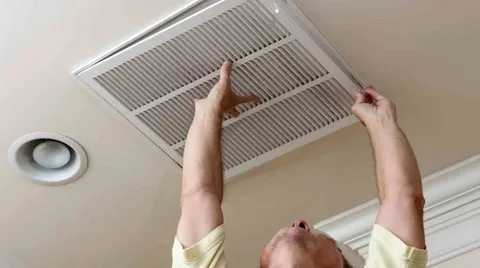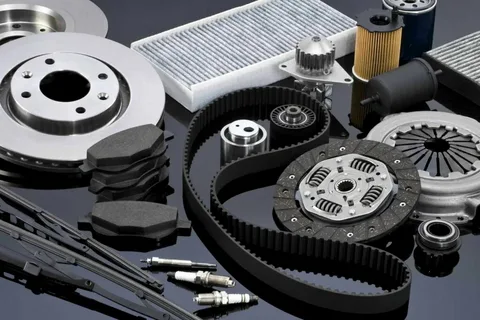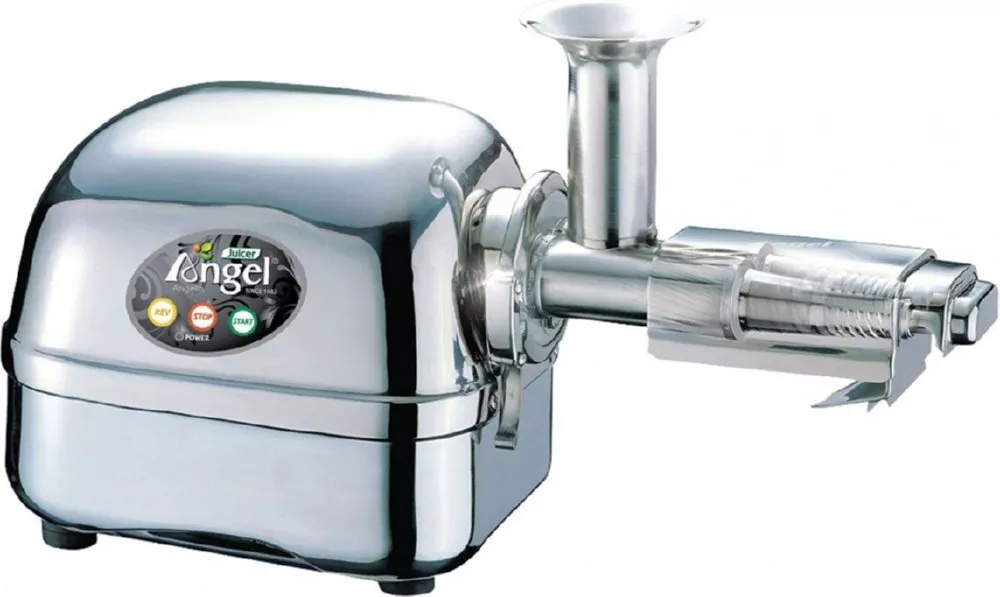In today’s world, where indoor environments often dominate our daily lives, a reliable home ventilation system is essential for enhancing comfort and ensuring health and well-being. Ventilation systems regulate temperature and air quality and play a crucial role in providing a comfortable living or working environment. These systems are indispensable in any modern setting, from health benefits to energy efficiency. They effectively filter out pollutants and allergens, creating a cleaner indoor environment and reducing the risk of respiratory issues.
Health Benefits of Proper Ventilation
Proper ventilation is essential for maintaining a healthy indoor environment by exchanging indoor air with fresh outdoor air. This process helps to reduce airborne contaminants like dust, allergens, and pollutants, which is crucial for individuals with respiratory issues or allergies. It also controls humidity levels, reducing the risk of mould growth, which can lead to respiratory problems. A well-designed ventilation system helps regulate humidity levels, keeping them within an optimal range to prevent these issues.
In addition to controlling moisture, ventilation systems reduce the presence of volatile organic compounds (VOCs) often found in household cleaning products, paints, and furnishings. Prolonged exposure to VOCs can lead to health problems such as headaches, dizziness, and irritation of the eyes, nose, and throat. A ventilation system ensures a cleaner and safer indoor environment by filtering out these harmful compounds.
Overall, proper ventilation is essential for comfort and safeguarding the health of everyone who spends time indoors. With the rise of health concerns linked to indoor air quality, installing a reliable ventilation system is a proactive measure to protect the well-being of your family, employees, or customers. By ensuring a consistent air exchange, these systems also help eliminate odours and maintain a fresh atmosphere throughout the building. Additionally, improved air circulation can enhance cognitive function and productivity, creating a more pleasant and efficient living or working space.
Energy Efficiency and Cost Savings
Modern ventilation systems offer significant energy efficiency and cost savings by utilising advanced heat recovery techniques. These systems capture heat from exhausted air and use it to warm incoming fresh air, reducing the need for additional heating. This process minimises energy consumption and leads to lower energy bills. Additionally, by optimising air circulation and temperature regulation, ventilation systems can reduce reliance on heating and cooling systems. This makes them an economically wise choice for both homes and businesses, ensuring a comfortable indoor climate while also being cost-effective.
Beyond the direct cost savings on energy bills, long-term financial benefits should be considered. By reducing the workload on heating and cooling systems, ventilation systems help extend the lifespan of HVAC equipment, lowering maintenance and replacement costs. Additionally, improved air circulation prevents moisture and mould build-up, reducing the need for costly repairs or renovations caused by water damage or structural deterioration.
For businesses, energy-efficient ventilation systems can also contribute to sustainability goals, helping reduce the carbon footprint of commercial buildings. Many modern systems are designed to meet stringent energy-efficiency standards, making them eligible for green certifications and potentially offering tax incentives or rebates for environmentally-conscious companies. Moreover, these systems can improve indoor air quality by filtering out pollutants and allergens, creating a healthier environment for occupants. As a result, they provide financial and environmental benefits and contribute to the overall well-being of those who live and work within these spaces.
Ventilation Systems in Different Settings
Ventilation systems can be adapted to various environments, from homes to commercial spaces and industrial facilities. In residential settings, these systems ensure a continuous supply of fresh air, which is vital for indoor comfort and family health. Commercial buildings benefit from proper ventilation, which supports employee productivity by creating a comfortable working environment. Industrial settings often require more robust systems to remove hazardous fumes and maintain air quality. Regardless of the environment, a well-designed ventilation system can be tailored to meet specific needs, enhancing indoor comfort and safety.
Ventilation is crucial in residential settings for ensuring that fresh air flows continuously throughout the home. This is particularly important in modern homes, which are often sealed tightly for energy efficiency. Without adequate ventilation, indoor air can become stagnant and polluted with household chemicals, cooking fumes, and allergens. A whole-house ventilation system can help address this by providing balanced ventilation that distributes fresh air evenly across all rooms, ensuring a healthier living environment for families.
Proper ventilation plays a significant role in employee productivity and well-being in commercial spaces. Studies have shown poor indoor air quality can lead to fatigue, headaches, and decreased cognitive function, negatively impacting productivity. By ensuring a steady supply of fresh air and removing pollutants, a ventilation system helps create a more comfortable and healthy workspace, boosting morale and efficiency.
Maintenance and Longevity of Ventilation Systems
Routine maintenance is crucial for ensuring the efficiency and longevity of a ventilation system. Regular inspections and cleaning prevent the accumulation of dust and debris, which can obstruct airflow and degrade system performance. Replacing filters and inspecting ductwork promptly ensures the system operates efficiently. Additionally, addressing minor issues promptly can prevent costly repairs in the long run. Property owners who adhere to a maintenance schedule can extend the lifespan of their ventilation systems, ensuring they continue to provide optimal indoor comfort.
One of the most important maintenance tasks is replacing or cleaning the system’s filters. Over time, filters can become clogged with dust and particles, reducing the system’s efficiency and decreasing the quality of the air being circulated. Most manufacturers recommend replacing filters every three to six months, depending on usage and the environment. More frequent filter changes may be necessary for homes with pets, smokers, or individuals with allergies.
Inspecting and cleaning ductwork is another crucial part of maintenance. Dust, mould, and debris can accumulate in ducts over time, obstructing airflow and decreasing air quality. Professional cleaning of the ductwork every few years helps maintain the system’s efficiency and ensures that it continues to operate effectively. Additionally, promptly addressing minor issues, such as loose or damaged ducts, can prevent more serious problems from developing.
Enhancing Air Quality and Comfort
A ventilation system is pivotal in maintaining optimal air quality and indoor comfort by efficiently removing stale air and introducing fresh air. This continuous air exchange helps maintain proper oxygen levels, which is crucial for health and cognitive function. Enhanced air quality leads to a more pleasant environment, reducing unpleasant odours and creating a refreshing atmosphere. Effective ventilation promotes mental clarity and well-being, making it an invaluable aspect of residential and commercial spaces.
Beyond health, improved air quality contributes to overall comfort. A properly ventilated room feels fresher, with fewer odours and a more balanced temperature. Whether it’s removing cooking fumes in the kitchen or reducing humidity in the bathroom, ventilation systems play a key role in maintaining a pleasant indoor atmosphere. They also help to reduce odours from cleaning products, pets, and other household activities, creating a cleaner and more inviting space.
Moreover, effective ventilation can enhance cognitive function. Studies have shown improved air quality leads to better concentration, sharper thinking, and higher productivity. In a work environment, this translates to increased efficiency and job satisfaction. In homes, it supports better focus for tasks like studying or working from home, contributing to overall well-being.
Air Ventilation System for Home
Choosing an air ventilation system for home involves assessing factors like the size of your living space, climate, and specific air quality requirements. Whole-house systems offer comprehensive solutions, ensuring a consistent fresh air flow throughout the home. Alternatively, localised systems are ideal for areas with particular needs, such as basements or attics. Consulting with a professional can help determine the most suitable system, balancing comfort and energy efficiency. Properly installed and maintained systems enhance air quality and support a healthier and more comfortable living environment tailored to your household’s unique requirements.
These systems can be designed to work in tandem with your existing heating and cooling systems, optimizing energy efficiency while maintaining a comfortable indoor environment. Alternatively, localized ventilation systems may be more suitable for specific areas of the house, such as basements or attics, where air quality issues are more pronounced.
Consulting with HVAC professionals can help determine the most appropriate system for your unique needs, balancing comfort, efficiency, and health benefits. Proper installation and regular maintenance of the ventilation system are critical to ensuring it functions effectively and prolongs its lifespan. Investing in a quality air ventilation system enhances air quality and contributes to a healthier and more comfortable living environment tailored to your household’s needs.
Reducing Allergens and Pollutants
Reducing allergens and pollutants in your home is essential for maintaining a healthy indoor environment, especially for those with allergies or respiratory conditions. Here are some effective strategies to achieve this:
Invest in a Quality Ventilation System
- HEPA Filters: Use ventilation systems equipped with HEPA filters to trap small particles like dust, pollen, and pet dander, significantly improving indoor air quality.
- Regular Maintenance: Schedule regular ventilation system maintenance to ensure filters are clean and functioning effectively.
Implement Routine Cleaning Practices
- Dust Regularly: Use microfiber cloths to dust surfaces, as they can trap dust and allergens rather than just moving them around.
- Vacuum with HEPA Filters: Use a HEPA filter vacuum cleaner to effectively capture allergens in carpets, rugs, and upholstered furniture.
- Wash Fabrics: Regularly wash bedding and curtains, and throw pillows in hot water to eliminate dust mites and allergens.
Control Humidity Levels
- Dehumidifiers: Use dehumidifiers in damp areas such as basements and bathrooms to control moisture, which can lead to mould growth and increased allergens.
- Ventilation: Ensure moisture-prone areas, such as kitchens and bathrooms, are well-ventilated to prevent humidity build-up.
Conclusion
A well-maintained home ventilation system ensures fresh air circulation, helping to remove airborne contaminants and control humidity levels. By reducing the risk of mould growth and improving air quality, these systems contribute significantly to health and well-being. Modern systems also offer energy efficiency by utilising heat recovery techniques, lowering energy consumption and costs. Adaptable to various settings, ventilation systems enhance comfort and safety in homes, commercial buildings, and industrial facilities. Regular maintenance extends their lifespan and ensures optimal performance.
FAQS
How Often Should I Maintain A Home Ventilation System?
To ensure optimal performance and longevity, regular maintenance, including inspections and filter replacements, is recommended at least twice a year.
Can Ventilation Systems Help With Humidity Control?
Yes, ventilation systems can effectively control humidity levels, preventing mould growth and enhancing indoor comfort.
Are Ventilation Systems Energy-Efficient?
Modern ventilation systems utilise heat recovery techniques to improve energy efficiency, reducing the need for additional heating or cooling and lowering energy bills.








